
*"El quinceañero de mi abuela"* is a story that brings together three generations of women through family love, highlighting their existential and generational differences with a touch of humor and emotion. The film will offer the audience laughter and a valuable lesson on the importance of celebrating life at every stage.
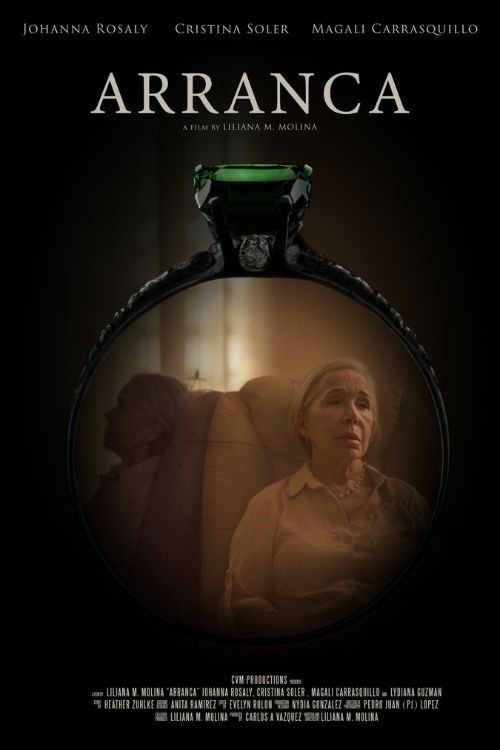
A mother and daughter duo dramatically impacted by dementia. Carmen is a 75 year old woman in the early stages of the disease. Laura, her eldest out of four children, lives a hectic life. But, she always makes time to take care of her mother. Things get more hectic for Laura when Carmen can't find her precious emerald ring, a gift from her beloved husband Sebastian.
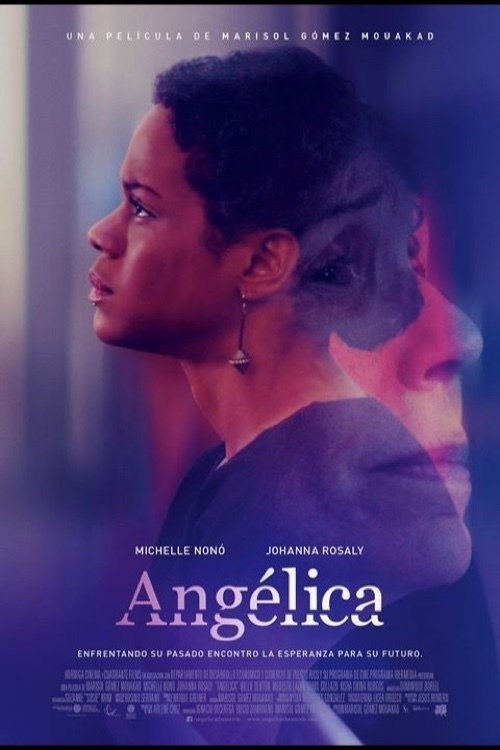
Angélica has spent her whole life escaping from her mixed racial identity, but a family crisis forces her to return to Puerto Rico and rethink her life.
In the night of her fifty-four wedding anniversary, Rafaela finds out that Angel, her husband, has recently visit his ex-lover. This incident awakes old emotions, but at the same time brings a big surprise.
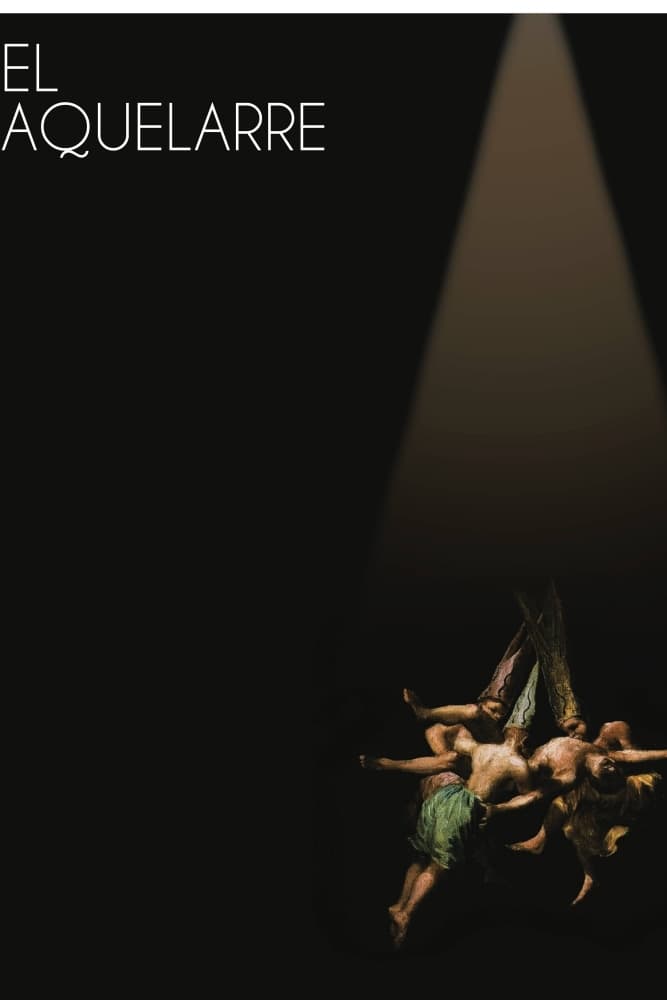
A man is convinced his pregnant wife is a witch and that she is carrying an abomination in her womb.
Three stories ("Lo mismo de otra manera", "Félix", and "Te tengo una sorpresa") that delve deeply into issues such as human solidarity, infidelity, and social conflicts in contemporary Puerto Rico.
Presents three barrio stories: "La familia del Camello" about a public residential basketball coach and his dilemmas, "El baila'o de Julia y Berto" about two neighbors trying to rediscover love in their maturity, and "El rumbón de Fepe" about a man who has to choose between his barrio and the woman he loves.
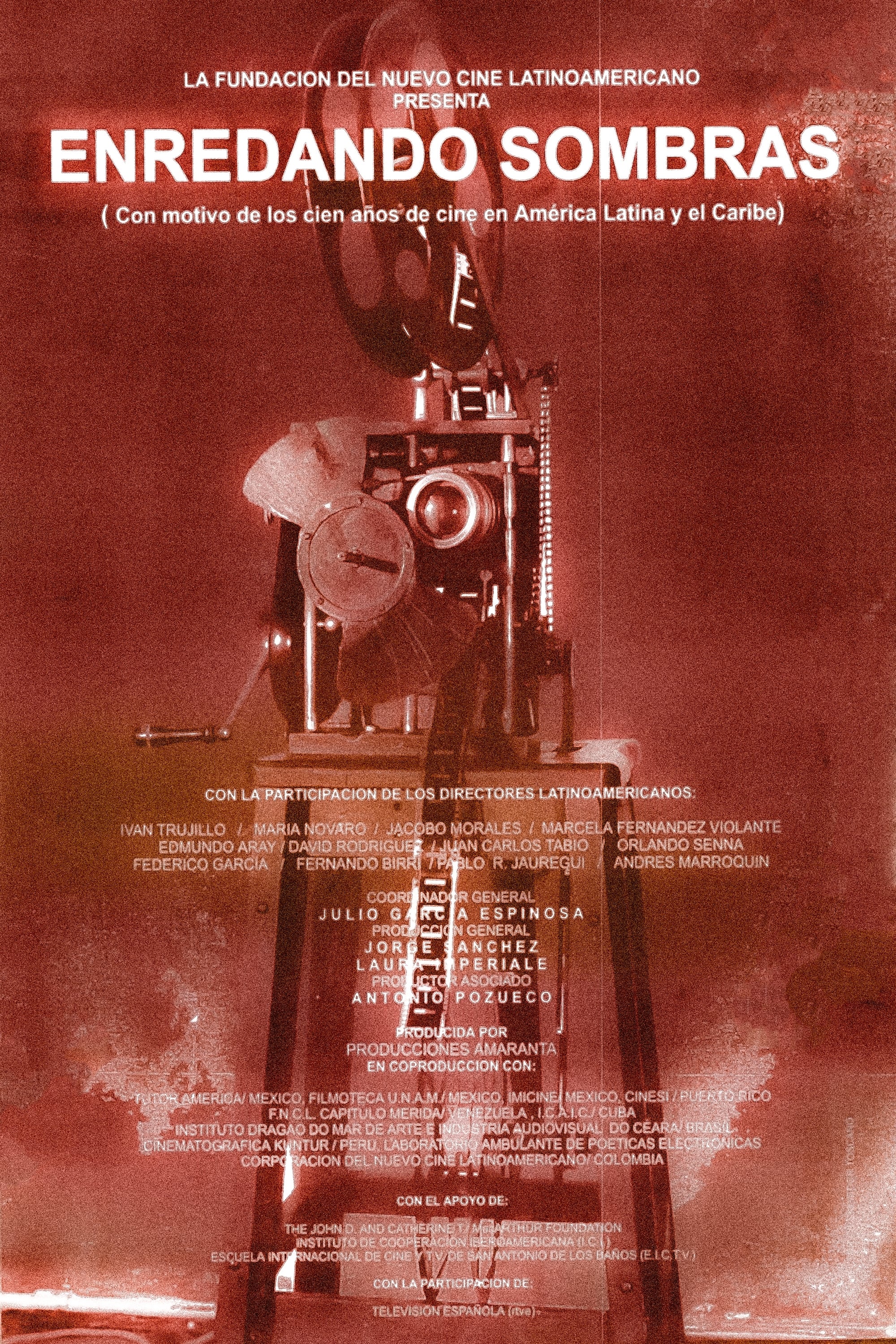
Documentary that celebrates 100 years of cinema in Latin America and talks about the origins and the development of cinema in this subcontinent. Its structure is based in 12 short films directed by various Latin American directors. These are: 1) "Los inicios", Iván Trujillo 2) "Cuando comenzamos a hablar", María Novaro 3) "Jugando en serio", Jacobo Morales 4) "De cuerpo presente [Las espirales perpetuas del placer y el poder] Cine Mexicano [1931- 1997]", Marcela Fernández Violante 5) "Cuando quisimos ser adultos", Edmundo Aray and David Rodríguez 6) "Cinema Novo", Orlando Senna 7) "Memorias de una isla, Juan Carlos Tabío 8) "Un grito, 24 cuadros por segundo", Julio García-Espinosa 9) "El día de la independencia", Federico García 10) "¿Sólo las formas permanecen?", Fernando Birri and Pablo Rodríguez Gauregui 11) "Todo final es un principio", Andrés Marriquín.
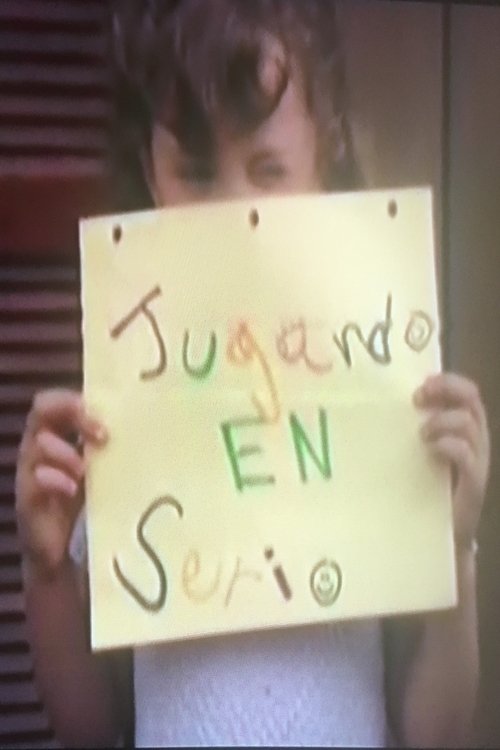
A group of filmmakers analyze the situation of their country's cinema while some children record them.
By browsing this website, you accept our cookies policy.